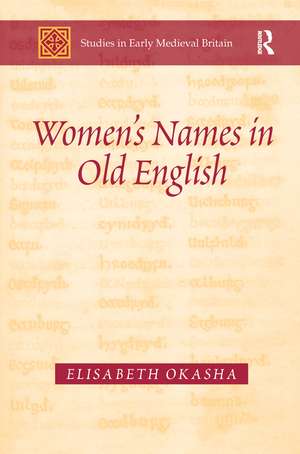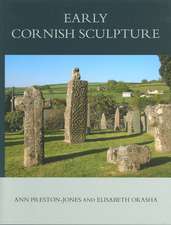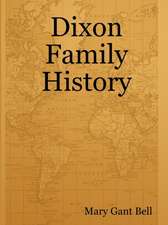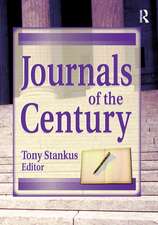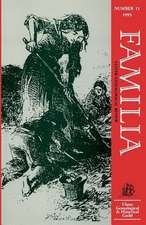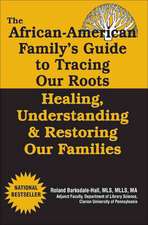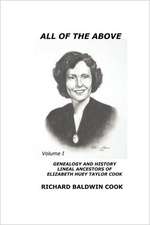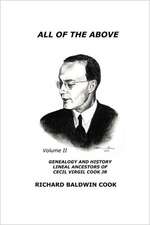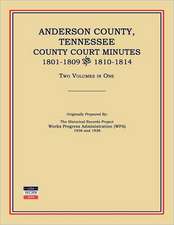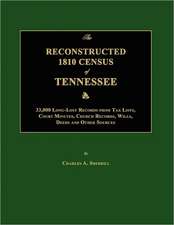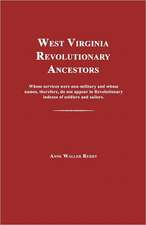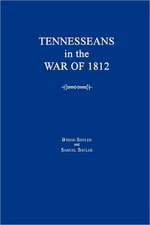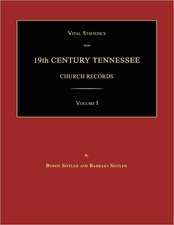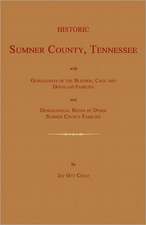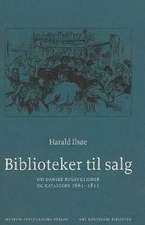Women's Names in Old English: Studies in Early Medieval Britain and Ireland
Autor Elisabeth Okashaen Limba Engleză Paperback – 28 noi 2016
| Toate formatele și edițiile | Preț | Express |
|---|---|---|
| Paperback (1) | 459.54 lei 6-8 săpt. | |
| Taylor & Francis – 28 noi 2016 | 459.54 lei 6-8 săpt. | |
| Hardback (1) | 1108.37 lei 6-8 săpt. | |
| Taylor & Francis – 13 mai 2011 | 1108.37 lei 6-8 săpt. |
Preț: 459.54 lei
Nou
Puncte Express: 689
Preț estimativ în valută:
87.93€ • 92.06$ • 72.76£
87.93€ • 92.06$ • 72.76£
Carte tipărită la comandă
Livrare economică 07-21 aprilie
Preluare comenzi: 021 569.72.76
Specificații
ISBN-13: 9781138251984
ISBN-10: 1138251984
Pagini: 150
Dimensiuni: 156 x 234 mm
Greutate: 0.22 kg
Ediția:1
Editura: Taylor & Francis
Colecția Routledge
Seria Studies in Early Medieval Britain and Ireland
Locul publicării:Oxford, United Kingdom
ISBN-10: 1138251984
Pagini: 150
Dimensiuni: 156 x 234 mm
Greutate: 0.22 kg
Ediția:1
Editura: Taylor & Francis
Colecția Routledge
Seria Studies in Early Medieval Britain and Ireland
Locul publicării:Oxford, United Kingdom
Cuprins
Contents: Foreword; Preface; Introduction; The material; Analysis and classification of the material; Discussion of di-thematic names; Analysis and discussion of mono-thematic names; Some implications; Vernacular names in Old English poetry; General discussion; Conclusion; Appendix; Bibliography; Concordances.
Notă biografică
Dr Elisabeth Okasha, Acting Director, Language Centre, University College Cork, Ireland
Recenzii
'Okasha’s book provides a starting place for further research and is structured for ease of reference. ... research within the perimeter of her stated purpose has been thorough and methodical. She has laid out the results in concise prose and left open the gate for further study of women’s names in Old English.' Speculum
Descriere
This book provides an in-depth study into the issue of vernacular names in Old English documents. Specifically it challenges the generally accepted notion that the sex of an individual is definitively indicated by the grammatical gender of their name. While modern scholars have generally felt no difficulty is distinguishing male from female names, this book asks how far the Anglo-Saxons themselves recognised this distinction, and in so doing critically examines and tests the general principle that grammatical gender is a certain indicator of biological sex. Anyone with an interest in Old English manuscripts or early medieval history will find this book both thought provoking and a useful reference tool for better understanding the Anglo-Saxon world.
